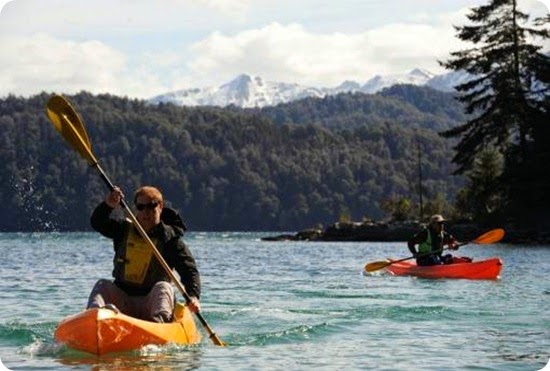Tourism Neuquén lakes
The province of Neuquén has more than 30 lakes surrounded by peaks of eternal white peaks and beech forests, coihues, myrtles and pehuenes.The setting is ideal for adventure activities like horseback riding, trekking, kayaking outings, photographic safaris, mountain biking and fly fishing.
Today we tell you the main sights of this circuit:
One of the most important lakes in the area is the Aluminé , near which inhabit different Mapuche communities. With an area of over 5,300 hectares occupies a valley that is oriented to the foot of the volcano Bats Mahuida and belongs to the basin of the Black River.
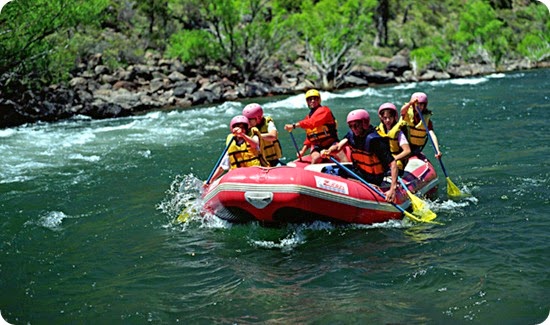
The second largest lake is Moquehue, a mirror surrounded ideal for salmon fishing and swimming in warm waters rather pehuenes. Close to Paso International Icalma, requires those who arrive from Villa Pehuenia control cross National Gendarmerie.

In the same department Aluminé is Lake Ñorquinco, whose east coast belongs to the Lanin National Park. In the surrounding waterfalls and forests of beech and araucaria enjoy. While there is no permanent population, a campground and a ranger's house.
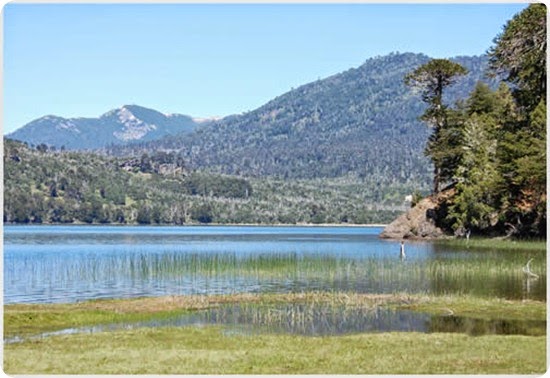
Another mirrors glacial area is Lake Pulmari, distinguished by its relatively shallow and warm waters. Its shores are mostly within a country hotel establishment that welcomes fishing enthusiasts.
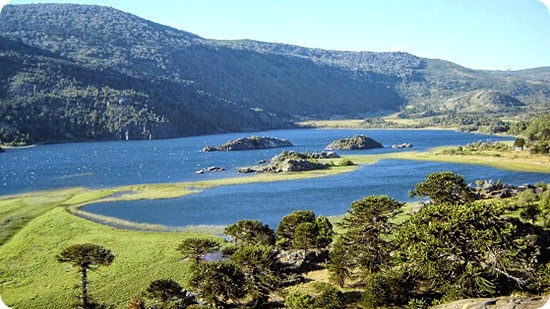
Within the protected area Parque Nacional Lanin is also Quillen Lake, surrounded by woods and Mapuche settlements. When it is accessed through the towns of Aluminé and Junín de los Andes along a gravel road. Its waters invite fishing and various water sports. Only has a site for services.
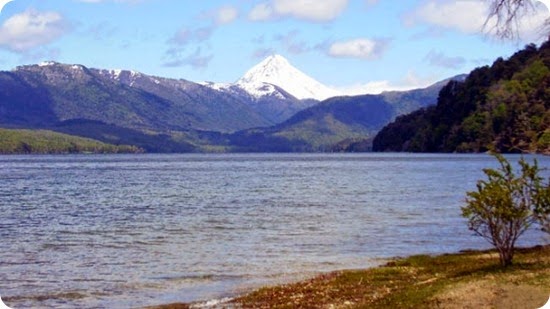
Only five miles, Lake Hui Hui, which is ideal for trout fishing, but does not permit or the camp or in the kitchen adds its shores.
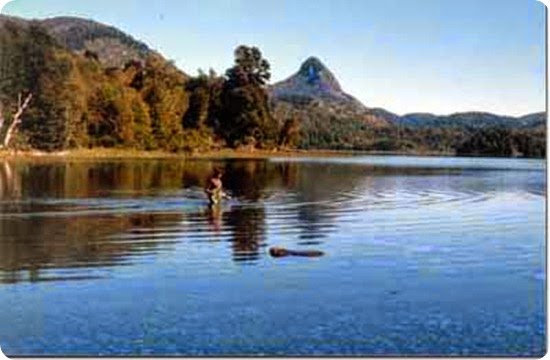
The last of the lakes within the department is Aluminé Rucachoroi-or "house of parrots" in Mapuche language, one of the most away from the tourist centers of the region, a condition that allows you to retain the highest concentration of pehuenes in form of forest. Previously, the site was a Jesuit mission settlement and today is inhabited by Mapuche communities.

In the neighboring department stands Ñorquín Caviahue-Lake Agrio-also called, with a striking horseshoe-shaped orange waters of a river coming from the vicinity of the volcano Copahue where the thermal tourism center is Patagonia. Access is from Loncopué or Chos Malal.
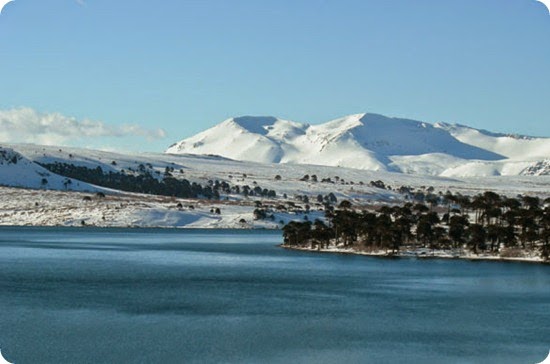
Villa la Angostura.
The largest lake in the region is the Nahuel Huapi - shared in a lower portion with the Rio Negro San Carlos de Bariloche. This is a mirror of 557 square kilometers, which is notable for its depth and its seven arms (Campanario, Tristeza, Blest Machete Rincón, Last Hope and Huemul).

Intense blue color, features several islands like Victoria visited by tourism trips by lacustrine and allows access to a lovely Myrtle Forest, which some say was the inspiration for Walt Disney movie Bambi.
Another recommended for Summertime is Lake Angel Gallardo, within the Nahuel Huapi Park and close to the border with Chile, which is accessible only on foot after a lake tour by Machete.
